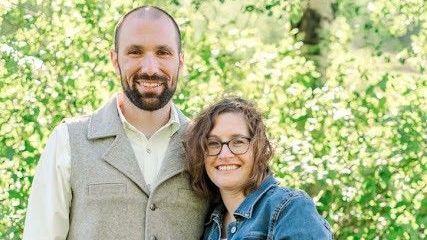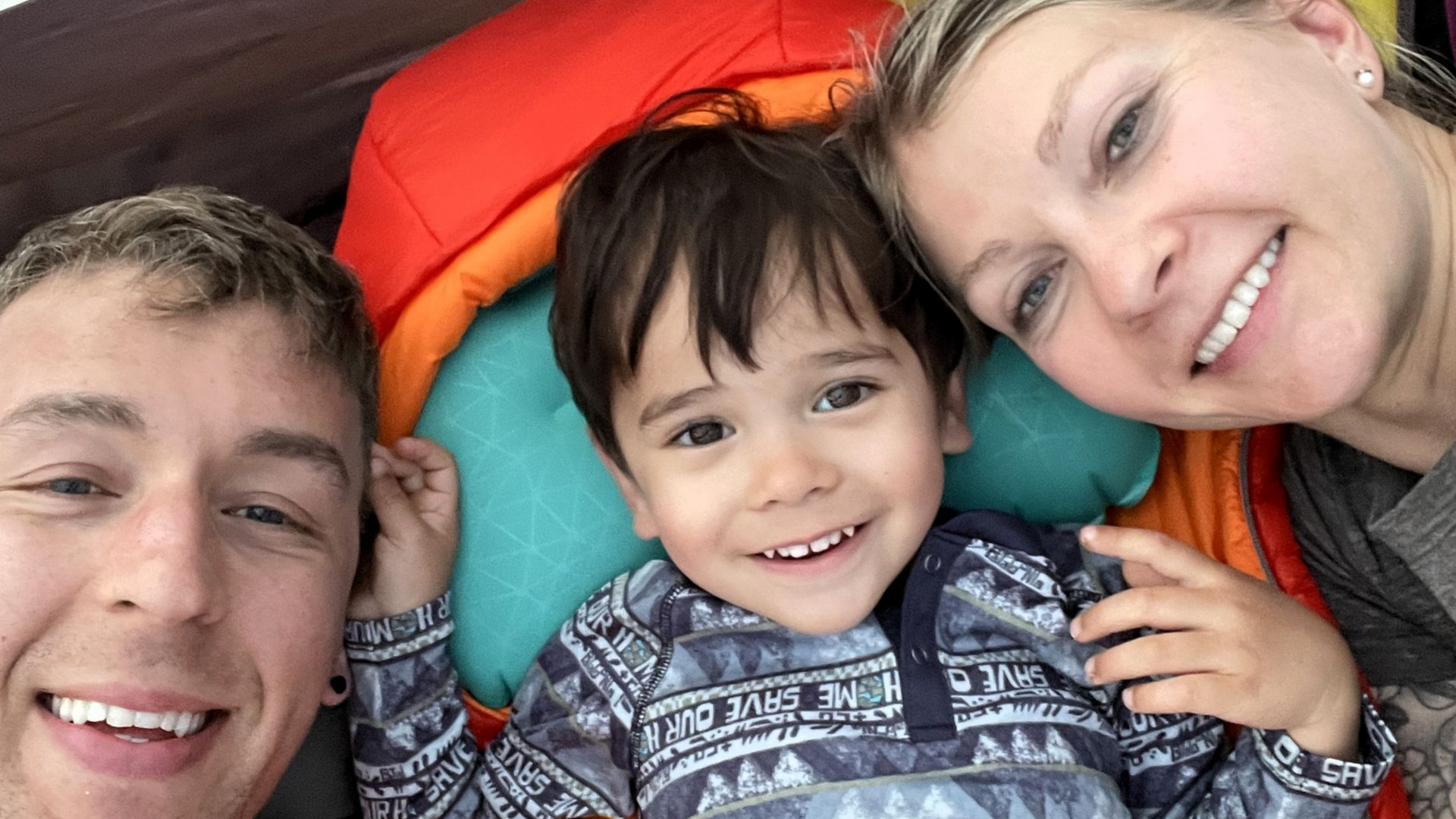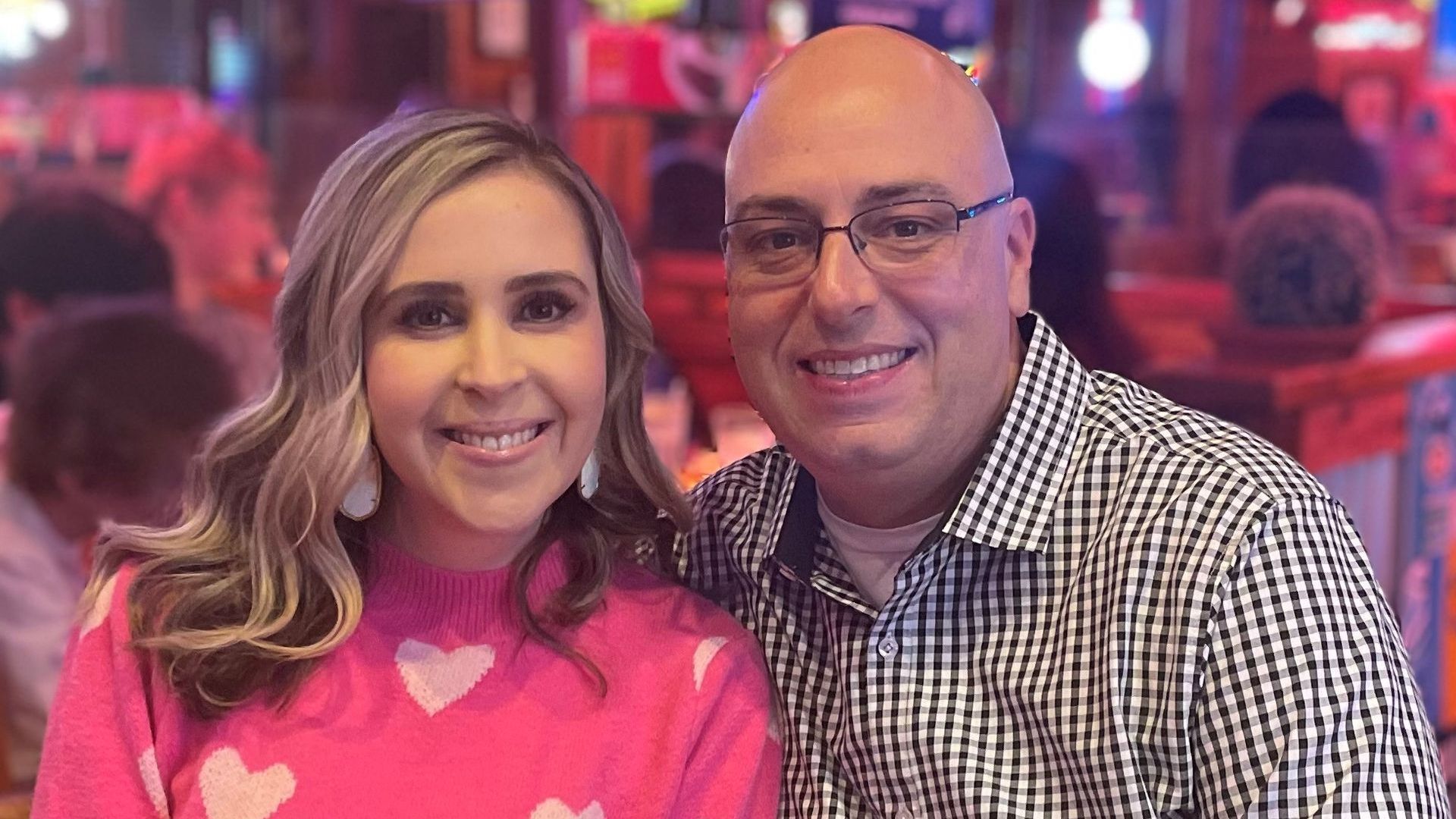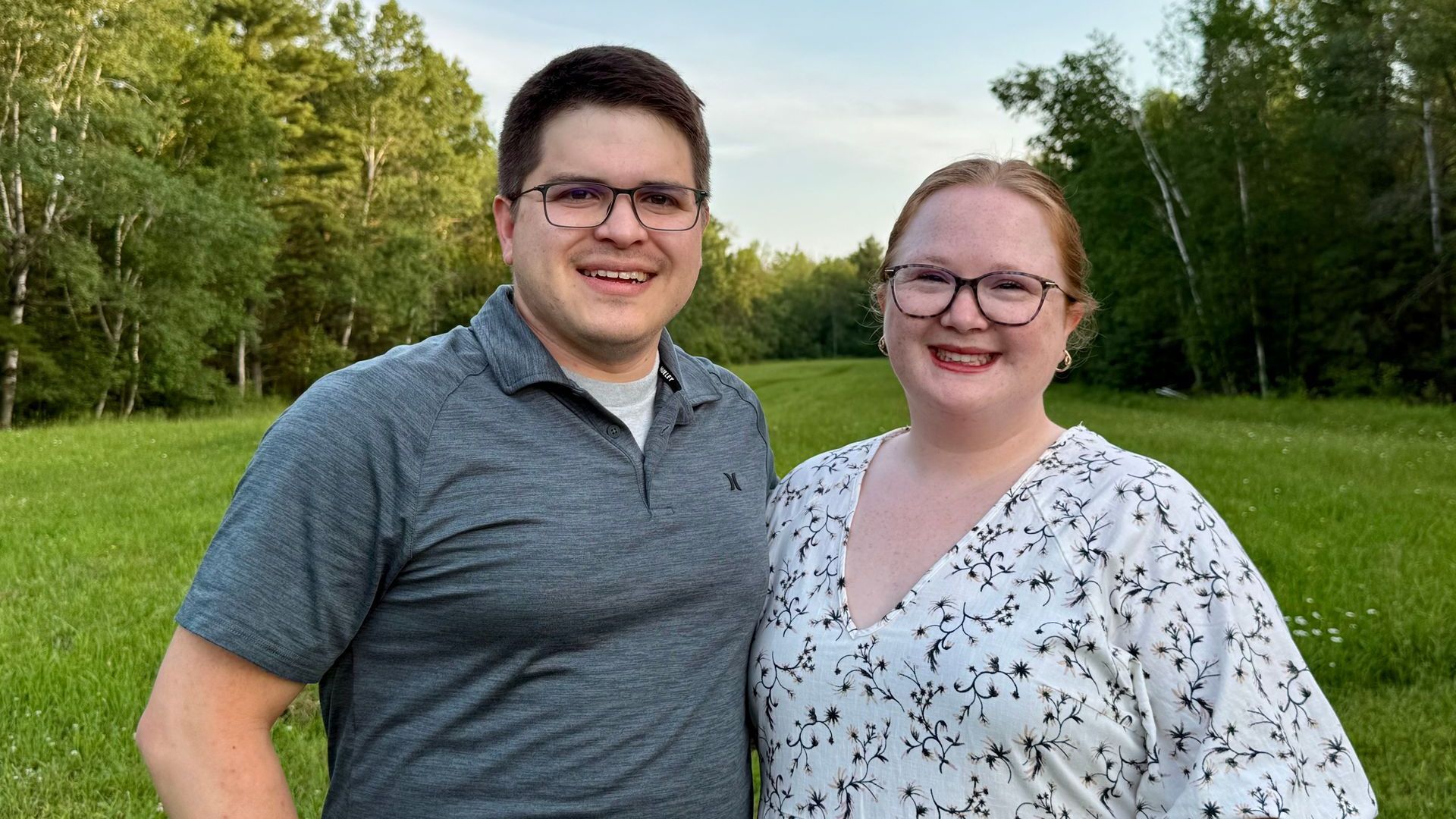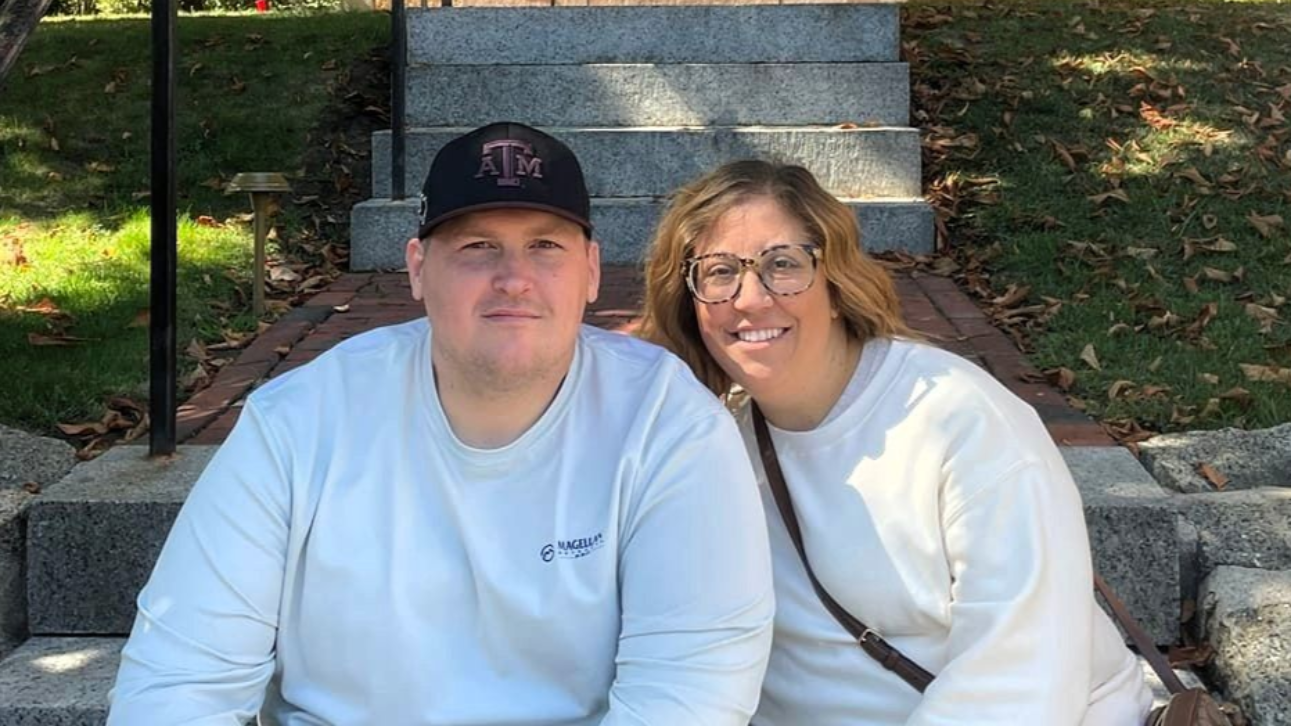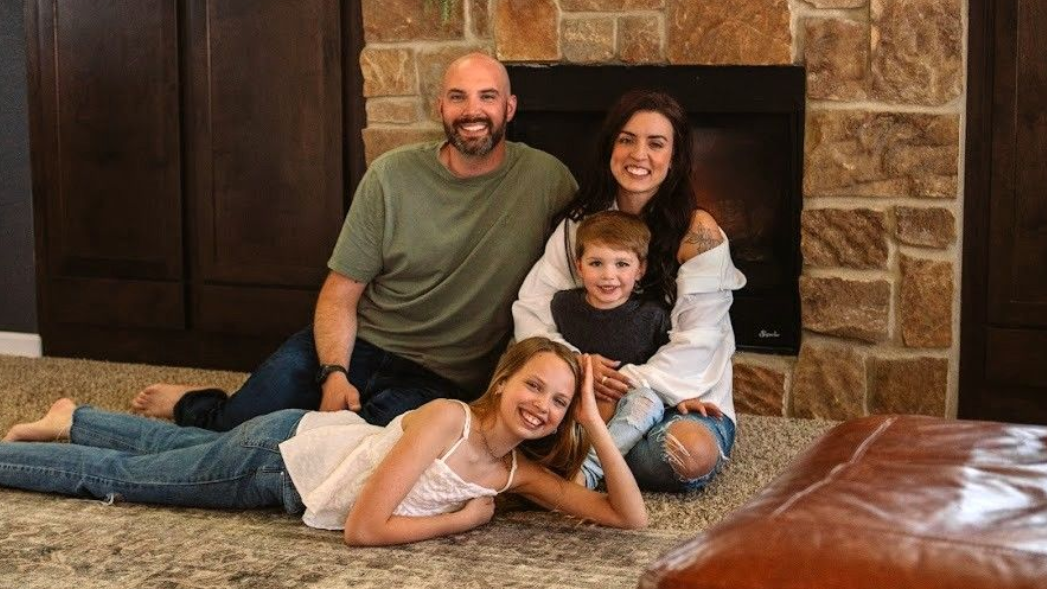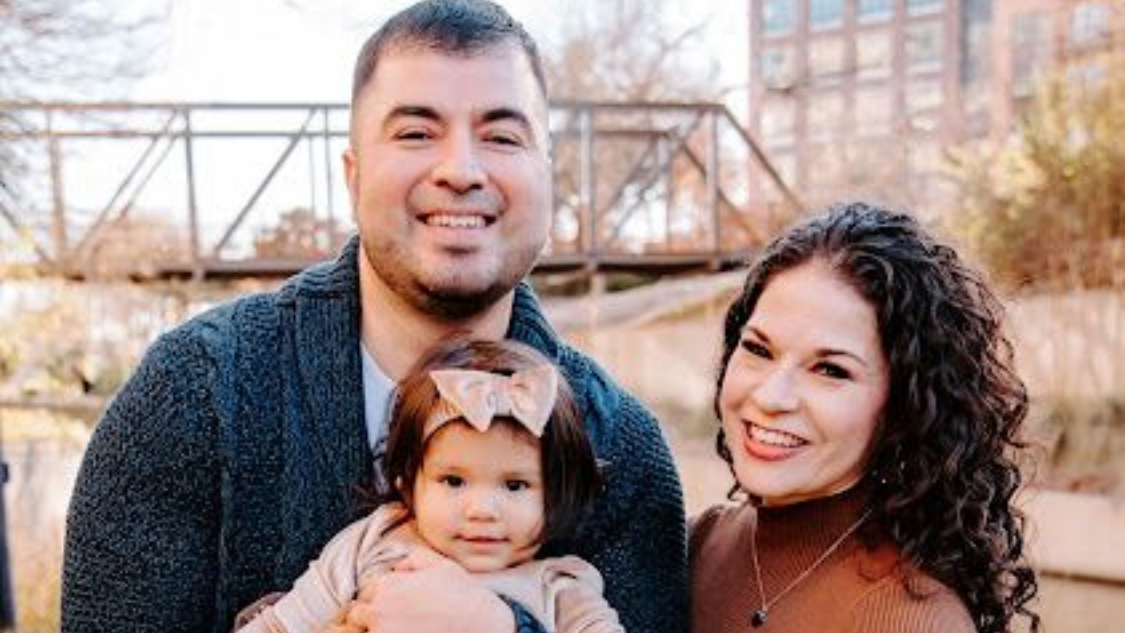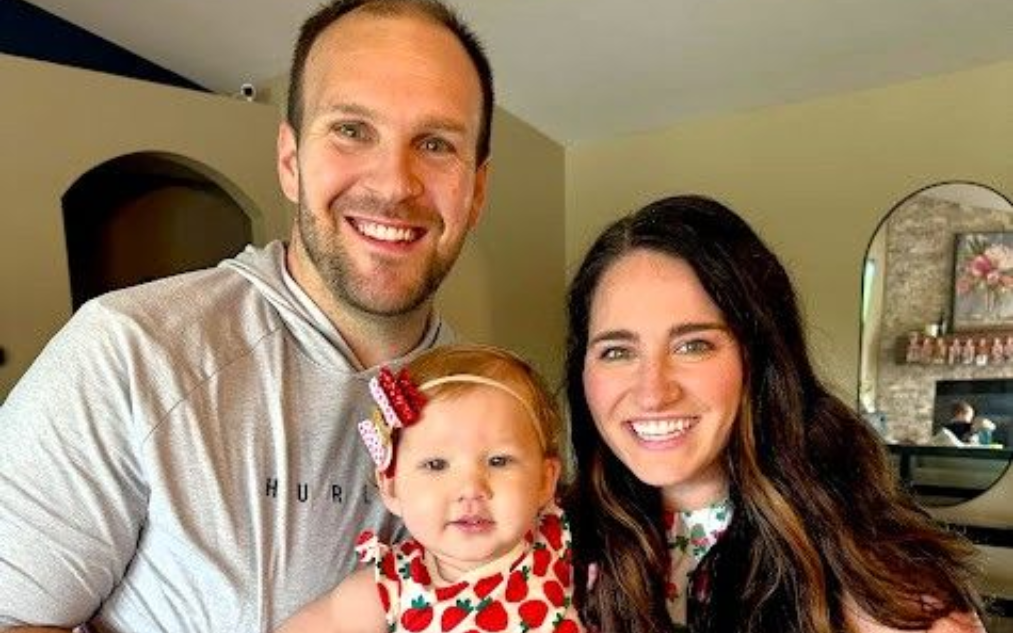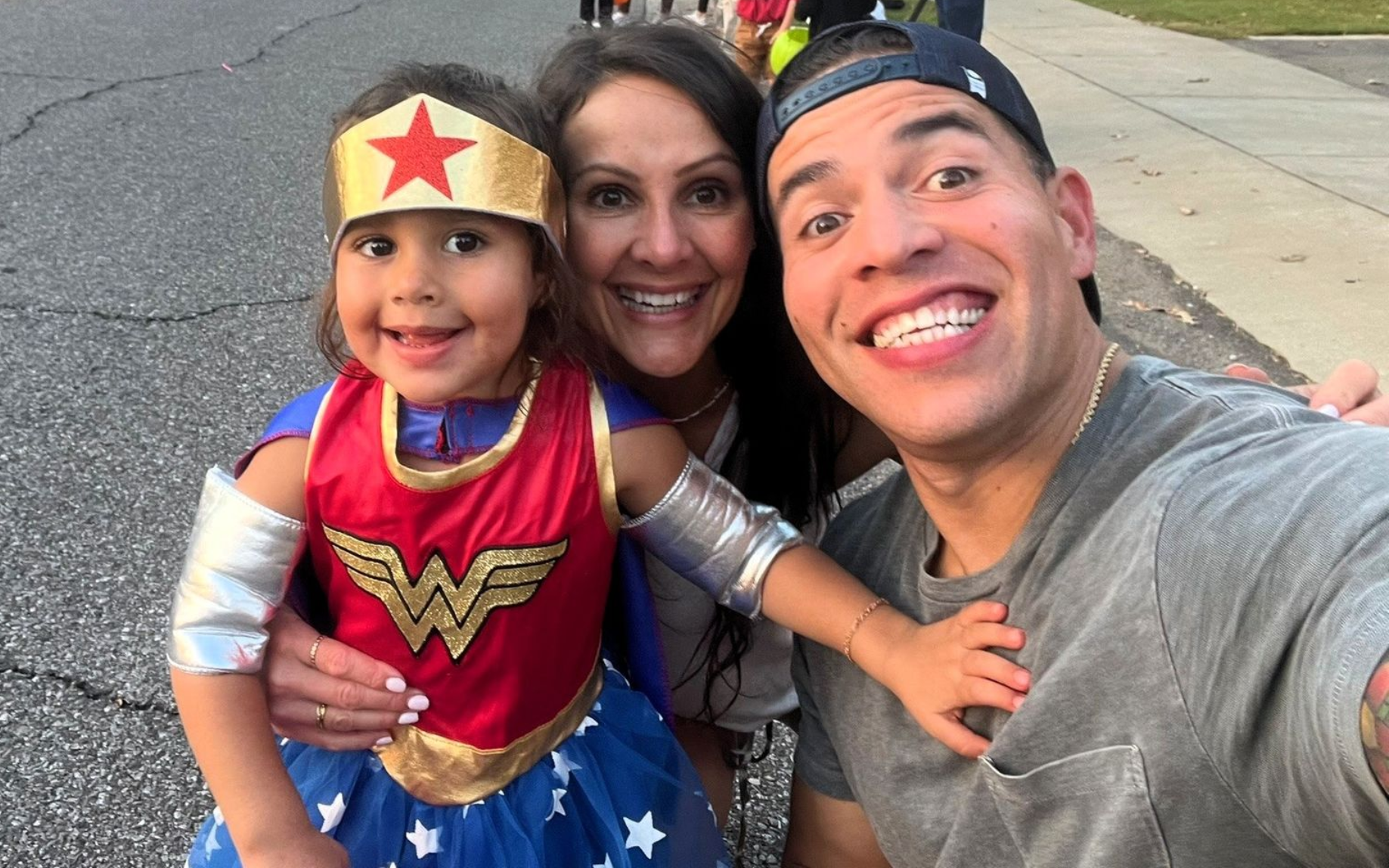
Scientific and technological advances have made DNA testing more accessible than ever. For many in the adoption community, online DNA services offer a new and powerful way to search for biological relatives. But while these tools have created new opportunities for connection, they also come with emotional complexities that aren’t always easy to navigate.
The Changing Landscape of Adoption Searches
Online DNA services have significantly impacted how adoptees and birth parents search for one another. In open adoptions, birth parents and adoptive families may choose to maintain some level of contact, which can give the adoptee access to important personal and family history.
In closed adoptions, however, adoptees often grow up with little or no information about their birth families. As they get older, many feel a deep need to understand their origins, especially when trying to form a complete sense of identity. For these adoptees, the desire to search for birth relatives is often motivated by love, curiosity, and the need for connection.
How Online DNA Sites Work
Modern DNA sites connect people who share genetic material. If a birth parent or close relative has submitted their DNA to one of these services, an adoptee may receive a match. Depending on privacy settings and the service provider, this match could reveal names, relationships, and even geographic locations.
For some, these matches lead to joyful reunions and the chance to build a meaningful relationship. For others, they may lead to more questions, or even unexpected emotional challenges.
The Positive Aspects of Online DNA Services
Many adoptees use DNA services to learn about their ethnic background or medical history, which can be deeply meaningful. For others, these tests have led to emotional healing, long-awaited connections, or a deeper understanding of who they are and where they come from.
Birth parents, too, may find peace in reconnecting with a child they placed for adoption—especially if they’ve wondered how that child is doing over the years.
The Drawbacks of Online DNA Sites
Despite the positive stories, not every outcome is easy. Some birth parents chose closed adoption for very personal reasons, and they may not be emotionally prepared for contact.
In other cases, adoptees may find relatives who are unaware of the adoption or unwilling to build a relationship.
There are also privacy concerns. Even if someone hasn’t submitted their own DNA, a close relative might, making it possible to be “found” unintentionally.
These reunions, when unplanned, can be overwhelming or emotionally difficult for all parties involved.
Moving Forward With Care
If you're thinking about using an online DNA test to search for biological family, know that you're not alone. These tools can be powerful—but they’re not the only way.
Working with an experienced, compassionate adoption professional can help guide your search in a way that honors everyone’s emotional needs, boundaries, and hopes. A professional can prepare you for different outcomes, offer support, and increase the likelihood of a safe, respectful, and meaningful reunion.
Do you want to know more about closed or open adoption? Please get in touch with our customer care staff at Adoption Angels to schedule a free consultation. We offer our services in Texas, where we have helped match adoptive families with children for over 45 years.
Share
